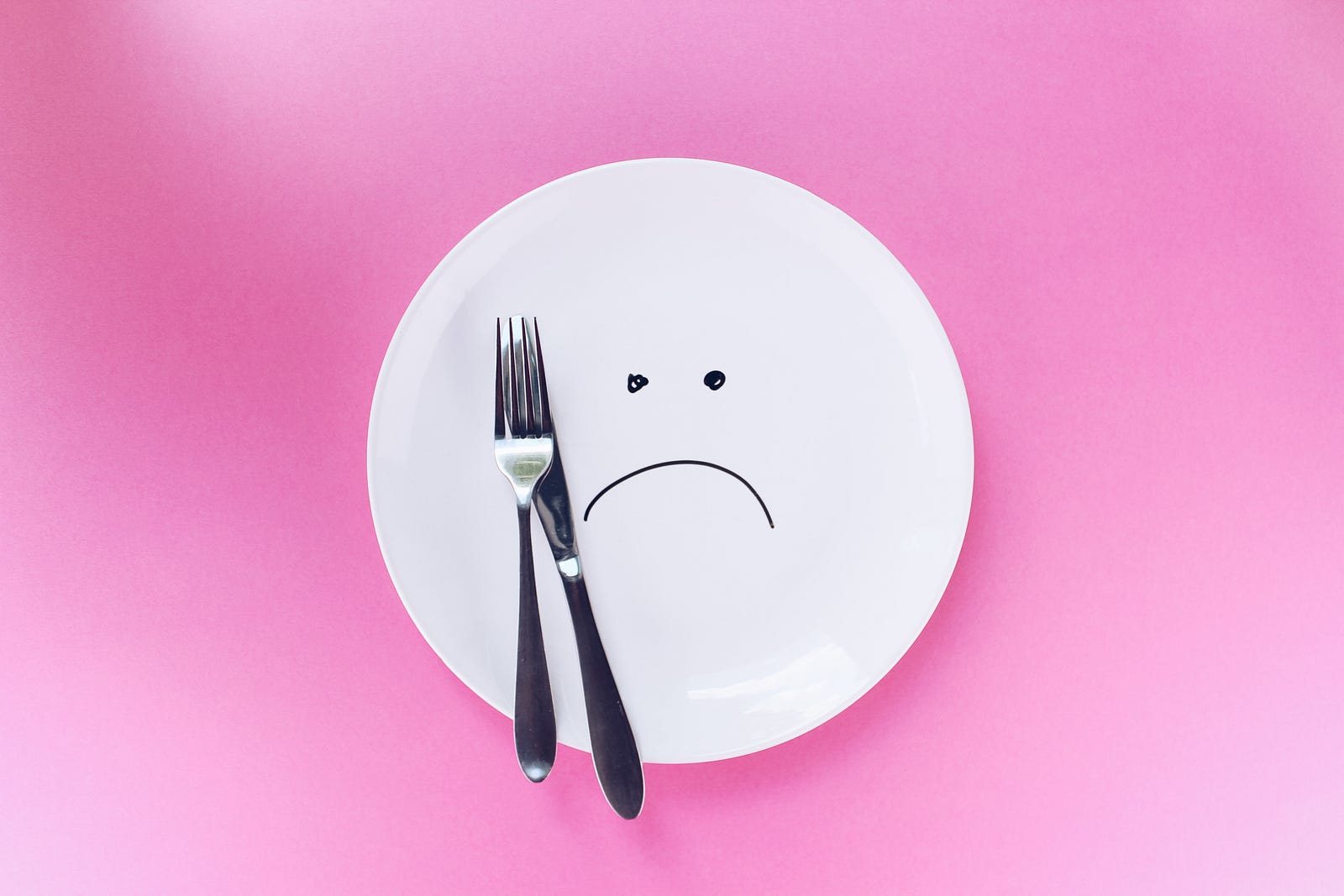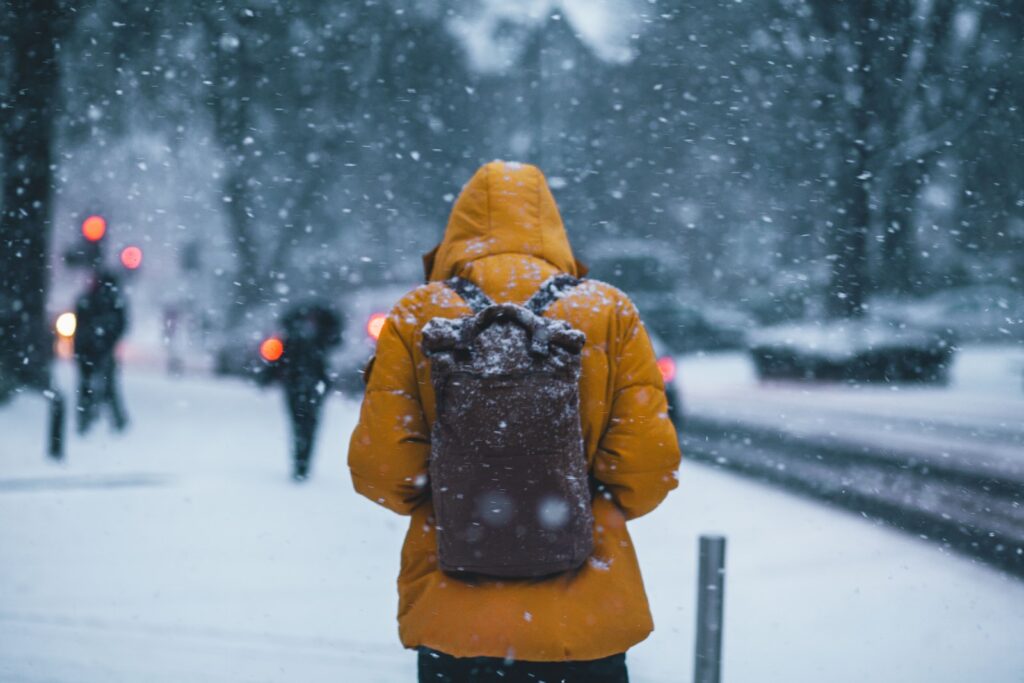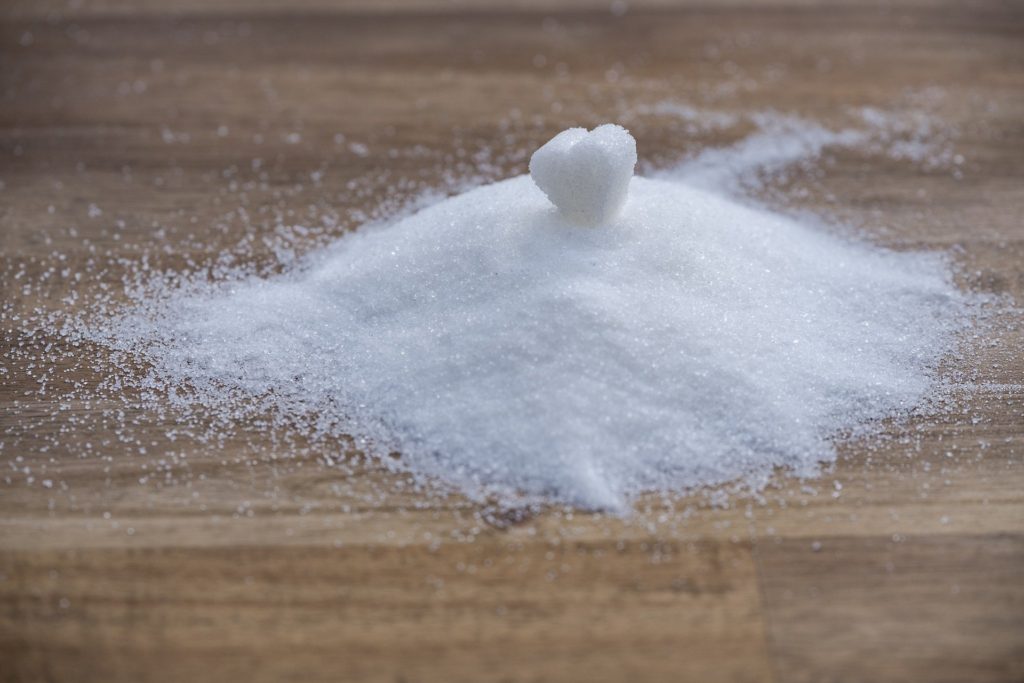Many people, including me, feel cold when they fast.
But, the last thing you should worry about during your fast is your body temperature.
In this article, I will go over three other reasons you may be feeling cold while you do a ketogenic diet or fast and how to address them.
In addition, I’ll discuss some other factors that might contribute to lack of warmth while on a ketogenic diet or fast.
Why You Feel Cold When You Fast
There are a few reasons you may feel cold all over or in your extremities (hands and feet.)
There are more reasons than simply being in ketosis that I’ll cover (some are,) but dieting, in general, is the reason for some of them.
There are a few explanations for why you might feel cold while on keto, including the keto flu, fasting or intermittent fasting, or just being colder, and it coinciding with you going into a deep state of ketosis during your fast.
In this section, I’ll discuss the three primary reasons you may feel cold during your fast, and I will discuss the less significant reasons afterwards.
Three Reasons You Feel Cold During Your Fast
Here are the main reasons why you might be feeling cold during your fast.

1.) You’re Losing Weight
Most people fast to lose some weight, so one of the most obvious reasons you may feel colder during your fast is because you’re losing fat. And, since fat keeps you warm, when you lose it, you may become colder.
Body fat provides insulation as well as cushioning vital organs and storing energy.
Except for this purpose, it is mainly an energy reserve.
It’s similar to the insulation you would wrap around your house or an oversized, fluffy jacket you would wear in the winter.
You will begin to thin (lose) some of that insulation when you lose fat.
You will become less insulated and, therefore, colder since you will have less fat to keep you warm.
2.) A Lowered Thyroid Level
Your body relies on triiodothyronine, commonly known as T3, for most of its metabolic activities.
A diet’s carbohydrate content can affect T3 levels, but calorie levels are not very important unless the diet is low in calories.
The number of carbohydrates you eat is the next most important factor in regulating T3 levels if calorie intake is adequate.
When you adhere to a low-carbohydrate diet, your thyroid function drops substantially because you consume so few carbohydrates.
An underactive thyroid (hypothyroidism) or Hashimoto’s disease, two autoimmune conditions, may cause a person to have a lower body temperature than usual.
Fasting, and a keto diet, is thought to preserve muscle and lean tissue by decreasing T3 levels, which is a negative on the surface.
An adequate calorie intake (see above) is the only variable if carbohydrate consumption is sufficient.
You can either slightly raise carbohydrates or calories, which may or may not remove you from ketosis, or accept slightly lower T3 levels.

3.) Too Few Calories
Eating too little can indeed be problematic. While you want to lose weight quickly, lowering calories can be problematic because your body’s metabolism adjusts when you reduce your calories. So, you’ll start to feel cold and weak if you drop your calories over a long period of time.
You may have heard the comparison before, but think of food as fuel and your body as a furnace.
The more fuel you pour into a stove, the hotter it will get.
Eating less fuel (food) will result in less heat being produced.
When consuming an average of 1,769 calories, middle-aged adults had significantly lower body temperatures than those consuming between 2,300 and 2,900 calories.
When calories are limited to less than 800 per day, thyroid hormone levels fall (T3), but I will address that in more detail later.
Eat enough calories to ensure you’re losing weight.
A reasonable estimate is to multiply your body weight in pounds by 10 to 12 to determine the number of calories you should eat to lose weight.
A person weighing 150 pounds would require between 1500 and 1800 calories daily.
So, as long as you eat a normal amount of calories during your non-fasting days, your metabolism wouldn’t negatively adjust.
But, if you do a ketogenic diet, you don’t need to worry about this since your metabolism doesn’t adjust when it realizes that it has fat to use through the process of ketosis.
Is Being Cold A Signal Of Ketosis?
It’s not a good indicator that you’re in ketosis if you feel cold. Instead, a urine test strip from your local pharmacy or a blood ketone meter, the gold standard, are the two methods I would recommend to determine whether you are in ketosis.
A blood ketone meter is similar to what a person with diabetes would use to test their blood sugars, except these meters test both blood sugar and blood ketone levels.
There are other, more subjective ways to tell whether you’re in ketosis besides knowing for sure.
As long as you eat <50 grams of net carbs per day, you’ll likely reach ketosis.
But, if you still want to be sure, here are signs and symptoms that may indicate you are in ketosis:

Does the Keto Flu Make You Cold?
The keto flu shouldn’t make you cold. However, if you’re cold during your keto flu, it is likely a sign that your metabolism is burning fewer calories than it used to by creating less heat in order to survive.
The keto flu is exactly what it sounds like, except you don’t actually have the flu.
The symptoms of the keto flu are similar to the regular flu.
The following are symptoms of the keto flu:
- Fatigue
- Weakness
- Dizziness
- Lightheadedness
How Long Is the Keto Flu?
The keto flu takes a couple of weeks until your body fully adjusts to operating without using carbs as fuel. In addition to that, your kidneys excrete more electrolytes and urine when you don’t eat carbs.
You can drastically shorten the length of keto flu by preventing it from occurring in the first place or by treating it quickly if it does happen.
When you begin a ketogenic diet, your body eliminates excess water as a result of lowering carbohydrates.
This is when most individuals experience the keto flu. To cure it, you require more electrolytes.
You must ensure you’re well-hydrated to combat this, but you also must make sure you’re getting enough electrolytes, particularly sodium and potassium.
Adding extra salt to your food or chugging it with water is one of the best ways to ensure you get enough potassium.
In addition to eating more dark leafy greens and avocados, I highly recommend salting your food liberally and tasting it as you go.
Getting electrolytes into your system quickly and simply by using an electrolyte is also possible.
Here is one of my favorite electrolyte supplements that you can use when you fast or do a ketogenic diet to get past the weakness that comes with ketosis.
Many ketogenic dieters unintentionally or intentionally start practicing intermittent fasting when following this diet.
Additionally, many people get into extended fasts that last 24 hours or longer.

Why Do You Feel Cold When You Fast?
It’s perfectly normal to feel cold during fasts. This is because when your body doesn’t receive food, it doesn’t digest anything, so it becomes cold. But, as long as you keep fasting and get into a deeper state of ketosis, your feeling of coldness will eventually go away.
While fasting, your body isn’t processing any food, so you may feel chilly.
As food is digested, heat is produced, and during the digestion process, your body requires energy.
Blood flow is diverted to other body parts, particularly your vital organs when fasting.
Your body may do this as a survival mechanism to keep you alive when you endure long periods without food.
When you fast, orexin hormone production is inhibited.
Orexin neurons help maintain body temperature by encouraging arousal and increasing body temperature.
Drinking coffee (or any source of caffeine) is a simple way to increase orexin levels during fasting.
Conclusion
You may become cold during your fast.
There are a few reasons why you may feel cold, such as losing some fat insulation, eating too few calories, and a possible drop in thyroid levels, among others.
It’s not a big deal if you are cold.
As long as you keep fasting, you’ll get the benefits you need, and then you can break your fast and end the coldness sensation.
I hope this helped!
If you want to find out how I lost 40 pounds with keto and OMAD, you can read my article here.
- Can You Still Lose Weight If You Aren’t in Ketosis? - February 8, 2023
- Can the Keto Diet Help With Depression? - February 8, 2023
- Why Does Processed Food Make You Fat? - January 2, 2023




